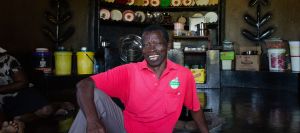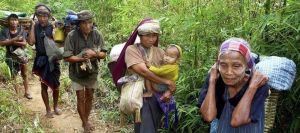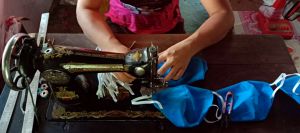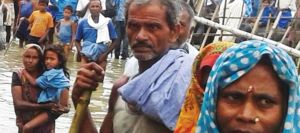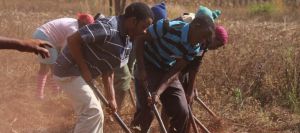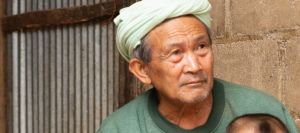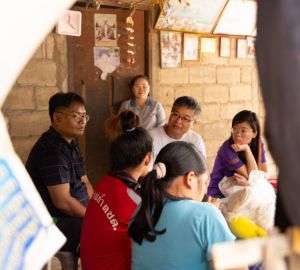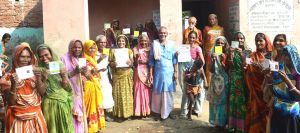
Seemapuri Urban Resilience Project in India (Extension Year)
Project Name Seemapuri Urban Resilience Project in India (Extension Year) Project Location India Project Natures Urban and Rural Development Livelihood Development Project Objectives Improve livelihood security for disadvantaged and impoverished families in project areas. Serve poor communities that frequently migrate within the country due to livelihood needs. Beneficiaries Impoverished internal migrants struggling for survival No. of Beneficiaries 490 Key Activities Education and Livelihood Development Provide qualified teachers and educational resources for children’s development centres Offer tailoring and beauty courses at vocational training centres Assist disadvantaged communities in running small businesses or help aspiring small business owners expand their operations Provide career counselling and guidance for young people Health and Wellness Provide regular health check-ups and vaccination services Distribute


